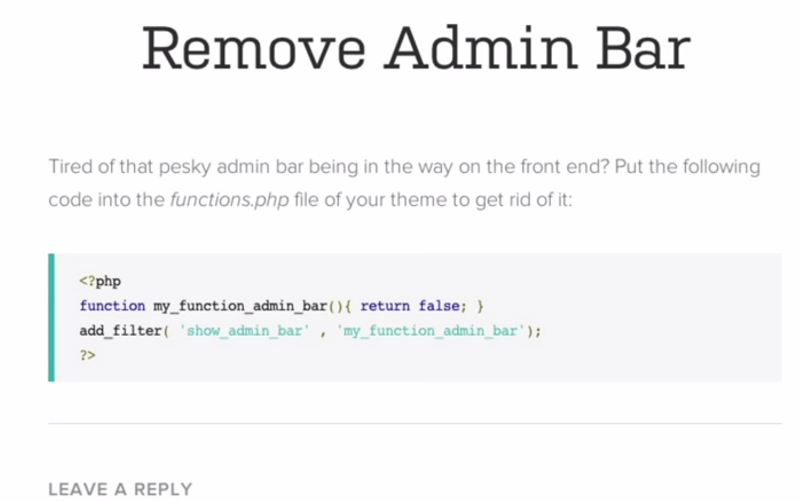Curiously enough, most sole proprietors don’t even give WordPress consideration as a sales platform. When an e-commerce solution is desired, many small businesses tend to look at platforms like Shopify instead. WordPress is often seen as a blogging platform only, but it can also offer a low-cost open-source way to sell goods or services without much effort.
That’s not to say that Shopify is expensive and complicated. If you want to get a store up and running very quickly, Shopify offers a number of potential benefits that can make all the difference in the world. Here is a look at some key selling points and which platform comes out ahead on each one.
Hosting: Advantage Shopify
The primary emphasis on pricing is that WordPress is open-source and the initial download is free. In comparison, Shopify charges a basic fee that begins around $15 per month for a limited amount of products and there is a 1% transaction fee tacked onto every purchase. WordPress doesn’t have these fees at all. The difference, however, is that WordPress is not hosted, so the hosting provider selected may have monthly fees that are equal or greater than the transaction fees from Shopify.
This means to run an e-commerce site through WordPress, a domain owner must purchasing a hosting plan that has hosting capabilities and enough security available to protect personal information. All of this is available in an all-in-one solution through Shopify, giving it a natural advantage.
Information: Advantage WordPress
WordPress took its success as a blogging platform and turned it into an easy-to-use CMS. Adding content is very easy to do and the blog on a site integrates nicely into the e-commerce solutions that are being used. With enough information, leads can work their own way through a sales funnel so the only requirement is to close on a sale.
Shopify, on the other hand, is not a great blogging platform at all. Information can still be shared, but the design is intended to focus on sales more than information sharing. Any information shared to consumers must come through product descriptions instead of through regular blogging. That’s why WordPress has a natural advantage in this category.
Support and Customization: Push
When it comes to customizing an e-commerce platform or adding plugins, extensions, or add-ons, both Shopify and WordPress are about equal. In this area, it depends on what the user finds is an easier process to navigate. On WordPress, third-party developers are creating the plugins, so there is a lot of variety available. The problem is that the support for problems which may occur also come from these third-party developers. This means it can be a hit or miss situation.
As for Shopify, support comes directly from a team of internal specialists that coordinate with users so that questions or problems are quickly solved and answered. The App Store through Shopify offers additional customization options for added fees, juts like premium plugins are available for an added fee on WordPress.
Development Language: Push
Shopify utilizes Liquid for its template processing language. WordPress uses php. This means the developer needs to choose which language they are more comfortable using in developing the site. There is a slight advantage in the fact that WordPress offers pre-built themes which have some limited customization options available to them, but most e-commerce platforms will outgrow the free options that WP is able to provide.
Shopify also offers some free themes within their App Store. There’s a large enough selection that a site will look fairly unique even if the budget is tight and a free theme is required.
It’s even a push from an SEO perspective. Beginners with little knowledge of search engine optimization may prefer WordPress because of its plugins that help to show when optimization efforts have the best chances for success. Good SEO ultimately comes down to good content, however, and both platforms offer the chance to publish that.
There is not much difference in how Shopify and WordPress can provide an e-commerce solution. Both are ideal for the small- to medium-sized business that is looking for an opportunity to grow over time. In the Shopify vs WordPress debate, it comes down to individual personal preferences. Do you prefer to have everything in one place, including the hosting provider, and in-house supports? Or do you prefer developer supports, open-source innovation, and potentially fewer ongoing costs? Once you answer those questions, you be able to select the best provider to meet your needs.








